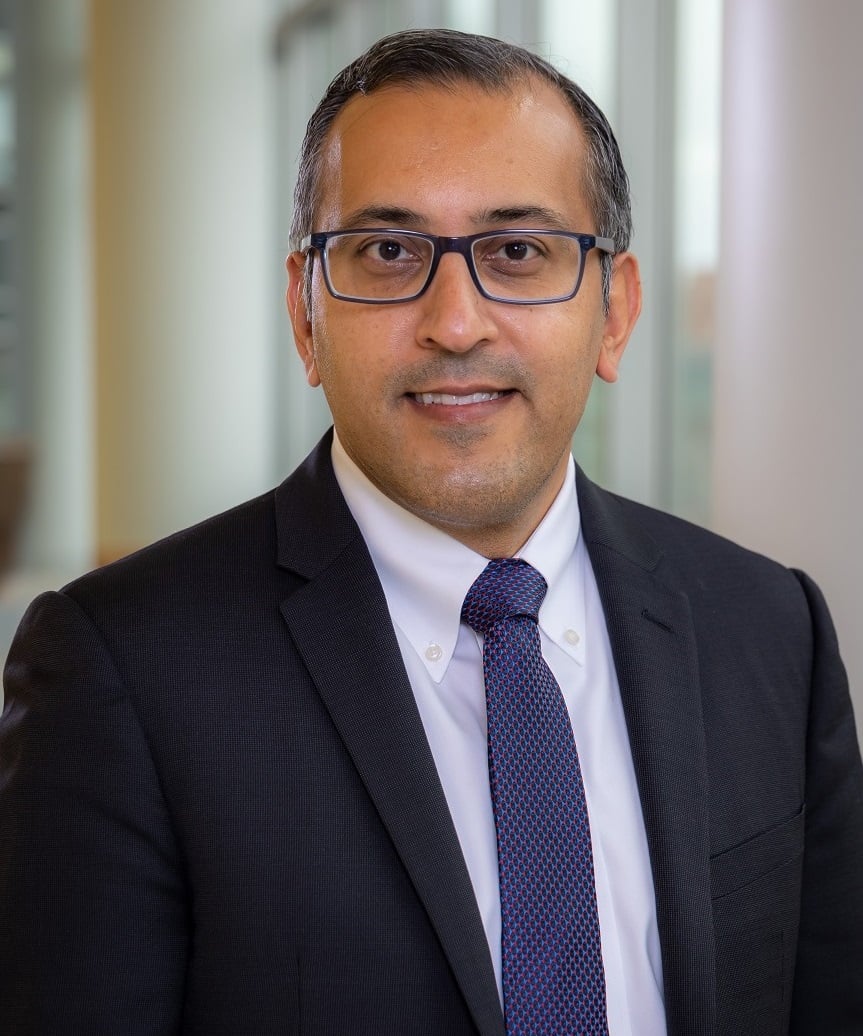Dear Colleagues,
The acceleration of omicron in Colorado is not a surprise, but the way in which it has affected our hospitalization rates as well as the impact to our teams has been, in one blunt word, a challenge. To put this in perspective, this current surge is magnifying the distress in our health care system and our people.
While I do believe that the end to this dark tunnel is in sight, I don’t want to ignore the reality of our current situation. This week, our hospital capacity remains over 100% with ED wait times now in the double digits. We have crises standards of care in place and to help manage the volume of patients, we have had to activate GME emergency status that places our fellows as attendings in the hospital. This degree of disruption to our educational, research and clinical missions, quite frankly, is unprecedented.
During these intense times, it can be difficult to know when you’ve reached your threshold and whether you need support. We are conditioned as physicians and as leaders to be stoic, firm and resolute – but all of us are human and need time to decompress and heal. I firmly believe the Department of Medicine has a caring culture, and now is the time to demonstrate that culture with action. To that end, I am going to ask each of you for the following:
-
Check in with your colleagues – make sure they are doing ok and feel supported. Tell them how much you value them and the work they do. Throughout the pandemic, this has been extremely helpful to ensure people don’t feel alone and I will tell you I have had many check on me over the years. Using the Stress Continuum is one method we’ve promoted as a starting place to check in with one another. Are you in the yellow or are you in the red? (Teams can order Stress Continuum cards from Dr. Katie Morrison from our WellDOM initiative.)
-
Be realistic – we are in uncharted territories and should not hold ourselves to our usual standards. Do what you can and accept that this is, in fact, good enough.
-
Take the time and effort to take care of yourself. This may be the hardest to do and the last to be prioritized, but please know that you matter to me, your Division, the Department. You are each parents, children, members of a larger tribe. Take care of yourself to ensure you have the capacity to take care of others.
I encourage you to look at this article from our colleagues at the University of Utah Health for more tips and ideas on how to support your teams during the omicron surge. And, please do take a look at our DOM COVID-19 resource page for additional resources:
- CU Anschutz Faculty and Staff Mental Health Clinic: Click here to make an appointment or call (303) 724-4987
- CU Anschutz Well-Being Support Line: (303) 724-2500
- CU Anschutz Students, Residents and Fellows Mental Health Clinic: Click here to make an appointment or call (303) 724-4716
- State of Colorado C-SEAP: Eligible university employees can access six free, confidential sessions with a counselor: (303) 866-4314 or (800) 821-8154
- UCH Resources: The Source
- Denver Health:
- RISE Program 303-436-RISE (7473) or DHRISE@dhha.org
- Employee Assistance Program Health Advocate (866) 799-2728 or answers@HealthAdvocate.com
- VA Employees:
- Employee Assistance Program (800) 869-0276 or https://espyr.com
Despite our difficulties, the Dean’s State of the School address this week provided some bright spots to reflect on. The key takeaway for me: “Despite COVID, we have accomplished a lot.” That is true across all of our missions – record clinical volumes, the expansion of telehealth, the new medical school curriculum, a record number of learners, and continued growth of extramural grant funding. You are all contributors to these successes and I sincerely thank you for your efforts.
Let’s keep the bright spots going and please continue to share your #wins with me.
Onward,
Vineet

|
Vineet Chopra, MD, MSc
|


